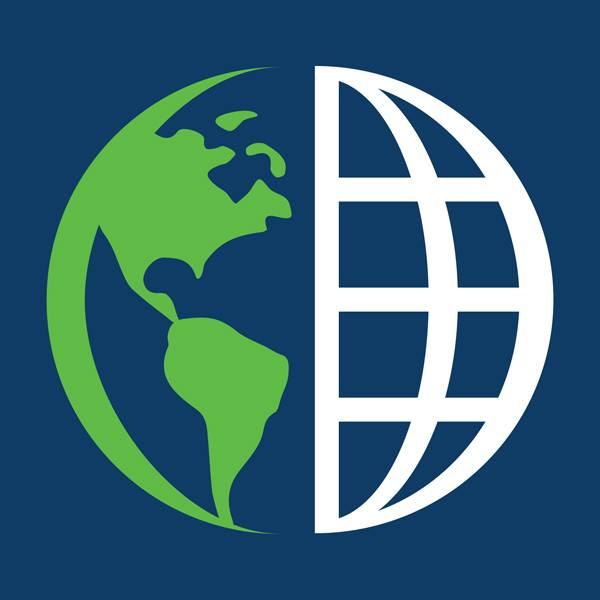Republished with permission from Common Dreams, by Brett Wilkins
The U.S. Supreme Court on Monday declined to take up a lawsuit challenging Washington state’s ban on the harmful practice of so-called “conversion therapy” for minors, a move welcomed by LGBTQ+ rights advocates.
The nation’s highest court rejected an appeal from Washington, where the 2018 law prohibiting therapists from attempting to change a minor’s sexual orientation or gender identity has been upheld by the 9th U.S. Circuit Court of Appeals.
Although right-wing Justices Samuel Alito, Brett Kavanaugh, and Clarence Thomas dissented, their votes fell one shy of the four needed to get the case on the court’s shortlist for full review.
“We hope that lawmakers take the court’s decision today as an opportunity to implement vital protections against this practice.”
“The court’s decision today to allow these protections to stand in place sends an affirming message to LGBTQ+ youth, their families, and survivors while honoring the victims we’ve lost to this abusive practice,” said Janson Wu, senior director for state advocacy and government affairs at the Trevor Project, which works to prevent suicides by young queer people.
“Protecting LGBTQ+ youth from conversion therapy is not controversial, yet there remain too many states [that] have yet to enact legislative protections,” Wu added. “Even with today’s victory, there is still a long road ahead to ending conversion therapy. We hope that lawmakers take the court’s decision today as an opportunity to implement vital protections against this practice.”
Great news! Washington's conversion therapy ban will stand. It is and should be illegal to attempt to change a kid's gender identity or sexuality! https://t.co/5txvNUMIp7
— Erin Reed (@ErinInTheMorn) December 11, 2023
According to SCOTUS blog:
The conversion therapy question came to the Supreme Court in the case of Brian Tingley, a Washington marriage and family counselor. Tingley went to court in 2021 to challenge a state law, known as Senate Bill 5722, that added conversion therapy—the practice of seeking to change a declined person’s sexual orientation or gender identity through counseling—for minors to the list of violations that can lead to the loss of a therapist’s license. Tingley argued that the law violates the First Amendment because it would limit his right to speak freely when counseling his younger clients on issues relating to sexual orientation or gender identity.
Conversion therapy—which is often Christian in nature, with a heavy focus on “praying away the gay”—is a discredited practice that is fully banned for minors in 22 states and Washington, D.C., plus over 100 municipalities. Countries and territories including Canada, Ecuador, France, Germany, New Zealand, and Taiwan have also banned the practice.
So called conversion therapy is a big scam. There is zero medical basis for this fraudulent therapy. The fake therapy can also cause harm.
I authored the first state law to ban this evil. Now the ban is in 20 states. Pleased the Supreme Court declined review. #MondayMotivation https://t.co/7MVSs8IChf
— Ted Lieu (@tedlieu) December 11, 2023
Minors who undergo conversion therapy often suffer severe mental trauma as a result. LGBTQ+ children subjected to the practice are nearly three times likelier to attempt suicide. One study found that more than 6 in 10 children tried to kill themselves after a therapist attempted to change their sexual orientation.
“Conversion therapy is not a ‘free speech’ issue, it is torture, and has been deemed torture by experts. Full stop,” said David Badash, founder and editor of The New Civil Rights Movement. “Reporters both-sidesing today’s refusal by SCOTUS to take up a conversion therapy law challenge need to get this accurate.”
“If your heart surgeon uses methods proven to not work, cause lifelong damage, and are not condoned by medical experts or organizations, would that be a free speech issue?” he added. “Same thing.”

Common Dreams
Common Dreams has been providing breaking news & views for the progressive community since 1997. They are independent, non-profit, advertising-free and 100% reader supported.
